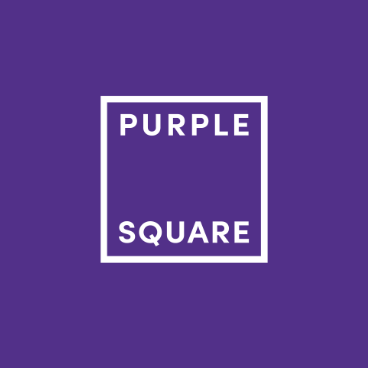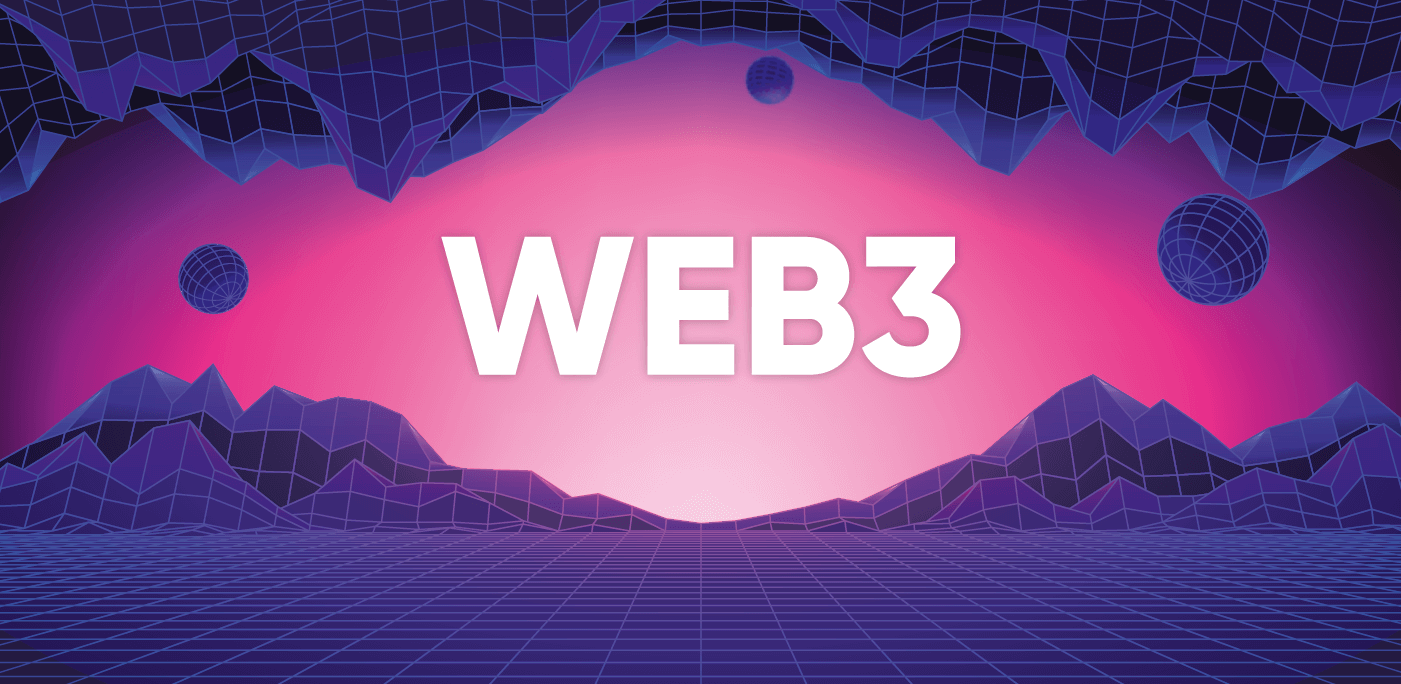WhatsApp and Facebook Messenger Automation
16 Apr 2024

Traditional tools like emails and web forms grapple with diminishing effectiveness amid declining open rates and privacy concerns. In contrast, WhatsApp and Facebook Messenger, with their billions-strong global user base, are redefining customer engagement strategies in the UK and Europe.
Revolutionising Customer Reach with Messaging Apps
The vast reach of WhatsApp and Facebook Messenger is indisputable, especially in the European context where they enjoy a massive and engaged audience. The potential to leverage these platforms for brand awareness and customer loyalty is enormous. The convenience factor is unparalleled — businesses meet customers on platforms they frequent, leading to increased touchpoints and a seamless communication experience.
Personalisation and Interaction: The Core of Modern Marketing
In the realm of marketing automation, personalisation and interaction are not mere buzzwords but the linchpins of customer satisfaction. WhatsApp and Facebook Messenger excel here by facilitating highly personalised communications rooted in customer behaviours and preferences. This ability to tailor conversations paves the way for enriched customer journeys and enhanced brand relationships.
Leveraging WhatsApp and Facebook Messenger for Automation
Businesses can creatively employ these platforms across various facets of marketing automation:
- Lead Generation: By integrating chatbots and live chat features, companies can engage potential customers, gather contact details, and guide them down the sales funnel.
- Lead Nurturing: Automated yet personalised messages can keep leads warm, providing relevant information and fostering a connection until they are sales-ready.
- Sales Conversion: Strategic promotional messaging and chatbot-assisted interactions can nudge leads towards purchase, aiding in conversion rate optimisation.
- Customer Support: Round-the-clock service with chatbots for common queries and live chat for more complex issues can significantly enhance customer service.
- Customer Retention: Post-purchase engagement through personalised messages and loyalty incentives can help turn one-time buyers into repeat customers.
Navigating the Pros and Cons
While WhatsApp and Facebook Messenger hold great promise, they come with inherent challenges:
Pros: Their expansive user base, convenience, personalisation capabilities, and rich interactive experience stand out as significant advantages.
Cons: Businesses must navigate through messaging limitations, adhere to stringent privacy regulations like GDPR, and manage the technical nuances of message delivery.
The Strategic Integration of Messaging Apps
WhatsApp and Facebook Messenger emerge as dynamic channels for B2C marketing automation, bringing businesses closer to the modern consumer. Despite the hurdles, their benefits in reach, engagement, and customer experience are compelling. For businesses in the UK and Europe, these messaging apps could be the key to unlocking new realms of digital marketing efficacy, provided they are wielded with strategic acumen and a keen understanding of regulatory boundaries.




1.png)
Please login to comment.
Comments